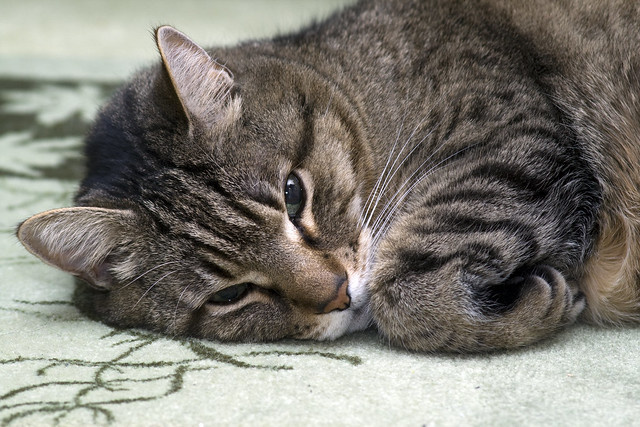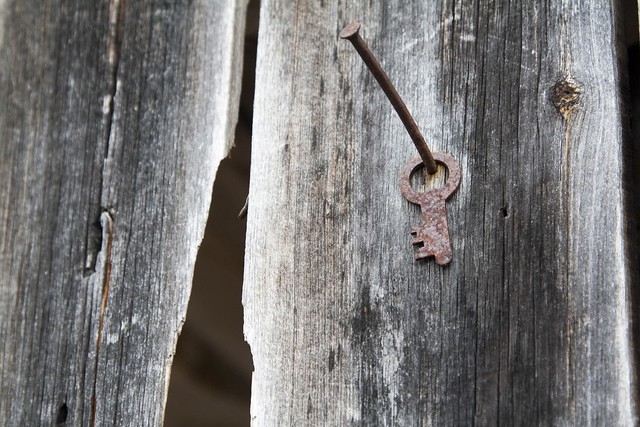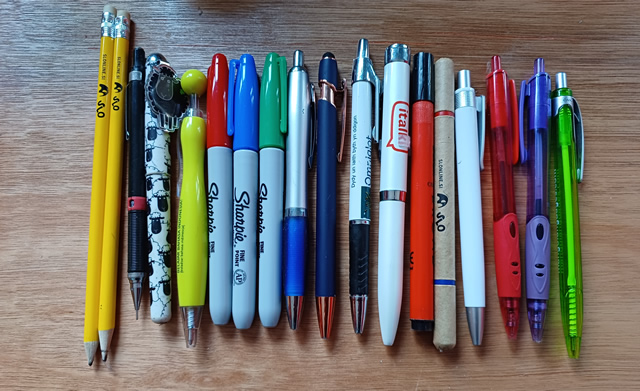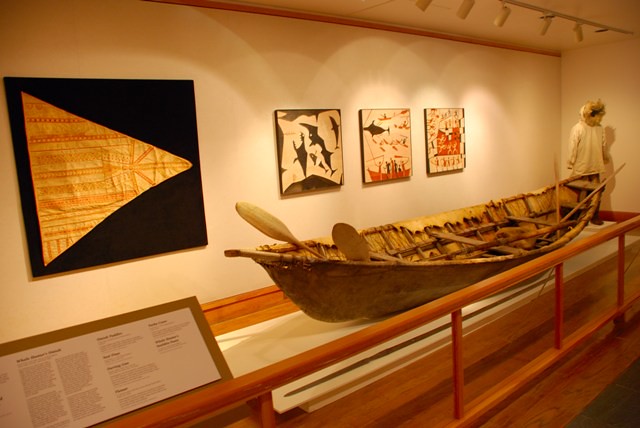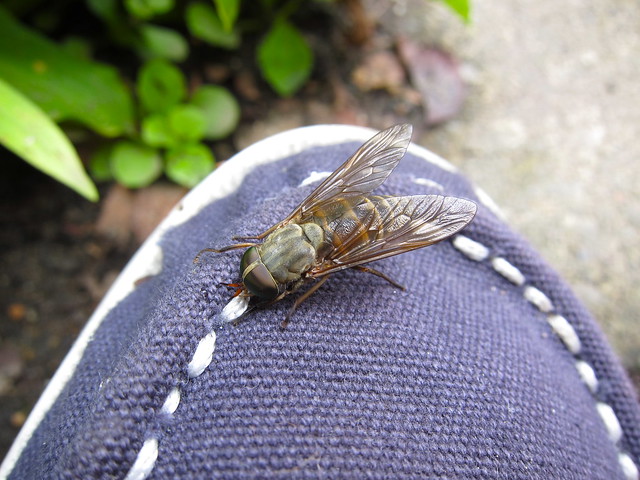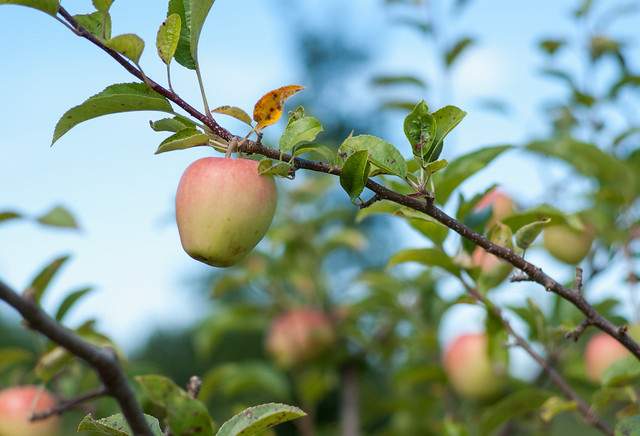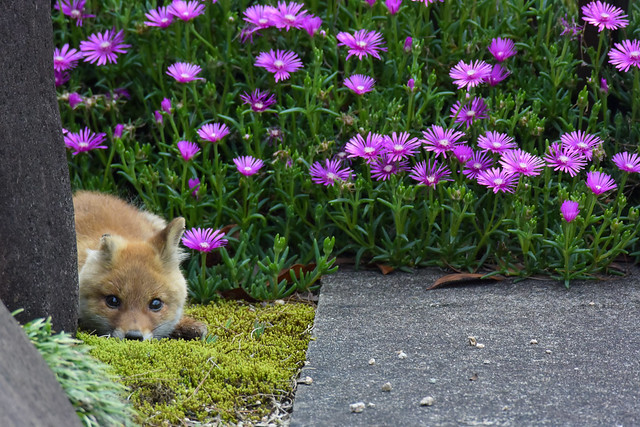Is it a good idea to study two or more closely related languages at the same time?
Perhaps. If you can devote more or less the same time to each one, and are able to keep them separate in your head, then there are certainly advantages to doing so. However, if you spend more time with one of them, it might interfere with the other(s), and they could end up fighting for dominance.
Many years ago, I started learning Irish and Scottish Gaelic. At first, I listened to songs in them which I tried to sing, even though I didn’t understand most of the words. Later, I started studying the languages, on my own at first, then I took some classes.
From 2005 to 2019, I spent a week or two every summer studying, speaking and singing in Irish in Donegal in the northwest of Ireland. I’ve also taken part in short courses in Scottish Gaelic songs at a college on the Isle of Skye in Scotland quite a few times between 2008 and 2022.
Until recently, I felt more fluent and confident in Irish, and it was my default Gaelic language. When I spoke Scottish Gaelic, I tended to fill in any gaps in my vocabulary and knowledge with Irish, which often works, as the two languages are closely related.
Over the past year though, I’ve been learning more Scottish Gaelic, and now feel a lot more confident with it. When I started brushing up my Irish this month, I realised that Scottish Gaelic is now the dominant form of Gaelic in my head, and Irish feels like a slightly deviant relative.
This happens with my other languages as well. Especially with closely related languages like German and Dutch (Dutch is currently winning), Swedish and Danish (Swedish is dominating at the moment), and French and Spanish (they’re fairly evenly balanced, although I feel more confident with French).
I studied (Mandarin) Chinese and Japanese at university, and became fluent in Chinese during the 5+ years I spent studying and working in Taiwan. However, I only spent one semester studying Japanese in Japan, and didn’t become as fluent in Japanese.
When I tried to read Japanese texts, I could recognise many of the kanji (Chinese characters) and knew what they meant and how to pronounce them in Mandarin, but not necessarily in Japanese. Recently I’ve been learning more Japanese and am getting better at reading it and speaking it. When I see kanji know, the Japanese pronunciation often comes first rather than the Mandarin pronunciation. I haven’t forgotten my Mandarin, but it is not as dominant as it was.
Are there interlinguistic conflicts in your head?

